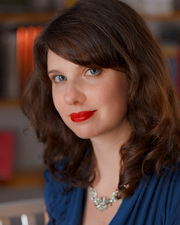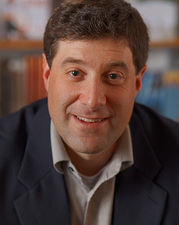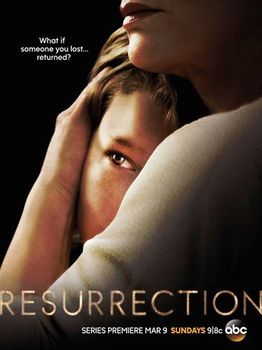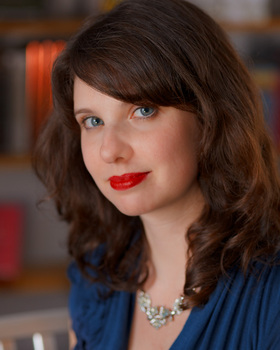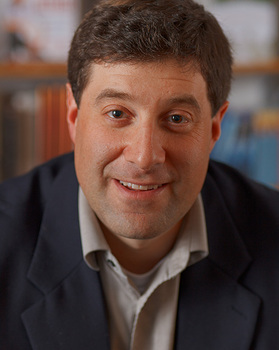Q: What compelled you to make offers to the last authors you signed?
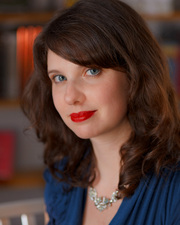
Photo Credit: Folio Literary Management
The other example, which is a very different way of going about landing an agent, occurred while I was working with an author who published her first novel with a major publisher 10 years ago. It didn't do very well and her agent has since left the industry. She wrote a new novel and hired a freelance editor for it, and that editor contacted me and suggested I read it. I read it. I loved it. I offered representation and found out that there were seven other agents who also offered her representation! So, I had to really, really fight for her to choose me. I fought very hard, and so I'm very, very excited about that one as well. She wrote a great book, and as I said earlier, that's the heart of what is really important.
Having connections is better than a platform because, honestly, when one of my authors recommends a friend who's in their writing group, I pay attention, even if they're not always for me. There's something about having somebody I already know, like, and whose work I respect pass me something to look at.
For self-published books, I don't know that it takes an immediate platform, but what it takes is a lot of engagement, especially community engagement. We certainly encourage all of our authors to be on Facebook, Twitter, GoodReads and Instagram. It's really important to actually connect with a reading community, and for self-published authors that's pretty much the best and only way they can get the word out about their book.
I have definitely picked up authors who have been self-published because I've seen that they've managed to find an audience without anyone's help. Then I read their book, and I can see where I can actually be of help to that author. That's when it works.
Q: Do you edit clients' work?
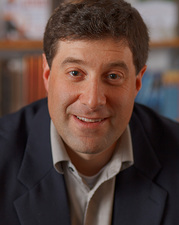
Photo Credit: Folio Literary Management
Ultimately, an author needs to submit the best manuscript they can possibly deliver. The worst that can happen is when I pass on a submission, and I tell the author that I liked everything except X, Y and Z. and they respond with, "Gosh, I was afraid of that." Or "I hoped you wouldn't notice." Believe me, we notice. So, although we are willing to work with people, we want to work with people who are ready to be worked with.
Q:If you had one message for Indie authors, what would it be?
Michelle: We are not here to be mean to them. We are not here to keep them out. We are here to let in the books we think can work with. We are gatekeepers, but it's not because we don't like an author, and it's not because we don't think their work is good or that we don't think it has an audience. We just don't know how to find that specific audience. We're not out to say no to authors, we actually want to say yes. But, if you look back at the numbers I gave you about my slush pile (see Part II) we just can't. There are a lot of Indie authors who want to stay Indie. I think that's a great choice for many of them. However, some want to use the fact that they found their audience as a way to break into traditional publishing. I think both of those scenarios can work.
Jeff: The reality is, it's a brave new world of publishing, and agents are only one part of it.
Thank you to Jeff and Michelle for sharing their industry expertise, views, and stories!
Read Part I of the series
Read Part II of the series
Follow Heather Hummel on Twitter: www.twitter.com/HeatherHummel
This post originally appeared on the Huffington Post.

